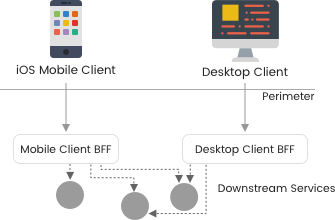Services
- Cloud Enablement Data & AI Digitalization End-to-End Digital Marketing SaaS
Industries
Products
- Retail Healthcare Hospitality Insurance Productivity Cross-Industry App Development Testing & Monitoring
Company
Cloud Enablement
Cloud Consulting
Cloud-Native Apps
Cloud Migration Strategies
Cloud Migration Services
Cloud Monitoring
Cloud Security Posture
AWS
Cloud Cost Optimization
Azure
GCP
App Engine
Private Cloud
Data & AI
Overview
ChatGPT Integration
Data Science
Artificial Intelligence
Data Engineering
Generative AI Development
Big Data Processing
Machine Learning
Data Management
Computer Vision
Data Storage
Video Analytics
Data Visualization
Chatbots
Digitalization
Mobility
Extended Reality
Web Development
Internet of Things
Blockchain
CRM
RTLS
RPA
E-learning Portals
E-commerce Sites
Intelligent Document Processing
Product Information Management
EAM
Digital Experience Platform
End-to-End
Microservice Architecture
UX / UI Design
DevOps
QA Automation
Cybersecurity
Performance Monitoring
Frontend Monitoring
API Management
Compliance Consulting
Digital Marketing
Overview
Marketing Automation
Visualization
Analytics
Programmatic Advertising
Paid Advertising
SEO
Email Marketing
Content Marketing
Social Media
Hospitality
TalQCall accounting system
Insurance
RehashLow-code insurance platform
Productivity
Notification AppNotification builder
KeverProject management tool
QuickPicksSalesforce widget
Cross-Industry
IIoT PlatformIoT solutions for industries
App Development
Open Source WorksShared with the community
Testing & Monitoring
WebWatch24x7Server monitoring tool




















Not ready for a fully custom shop? We can build it on the Adobe Commerce platform.